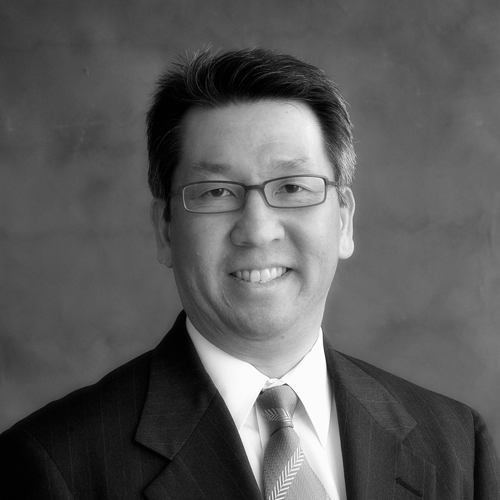Modern Counsel: When did you first develop an interest in the legal realm? Did you grow up knowing you wanted to be a lawyer?
Tim Pratt: I was one of seven children raised on a farm in Iowa, but I liked debate and what I saw lawyers doing on television. The law interested me, but I really didn’t know what it was all about until I went to law school—as a matter of fact, I hadn’t met a lawyer until the first day I walked into law school. After graduation, I clerked for a federal judge for two years and then worked for a litigation firm in Kansas City. I tried cases around the country for 30 years and loved it.
MC: It sounds like your firm in Kansas City was a good fit, what attracted you about an in-house position at Boston Scientific?
TP: I was managing litigation for Guidant, a heart-device company, when it was acquired by Boston Scientific in 2006. At the time, I was overseeing dozens of lawyers in my firm and trying cases. I loved what I was doing at the time, and I wasn’t burned out in the least. When the company’s leadership asked me if I wanted to be considered for the general counsel position, I initially said no. But the CEO invited me to interview with him, and the challenge of the job interested me. The opportunity to be involved in high-level business decisions sounded demanding but also exciting. When the job was offered to me, I took it, and my responsibilities at Boston Scientific gradually grew.
MC: What leadership skills have helped you succeed?
TP: I’m a very collaborative person, and I always try to accept what people say to me without judgment. I enjoy facilitating outcomes that are consistent with legal and compliance standards rather than saying no. And I’m very communicative. People know I’m going to tell the truth—I have no ulterior motives, and I’m an open book. I’ve reached a point in my career where I’m not trying to take anyone else’s job and that allows me to be courageous. I’m willing to take more risks because the fear of failing doesn’t paralyze me.
MC: How do you encourage growth within the company?
TP: Leadership is so much more than talent. You have to build a culture where your team wants you to succeed as much as you want them to succeed. Collaboration adds to that excitement and energy. Good communication makes a team creative and enables them to act with courage and execute tasks with urgency. I also make sure that everyone has opportunities to move up. I train all of my managers to display and teach leadership so that they can also support the upward mobility of the teams under them.
MC: What leadership opportunities have you developed at Boston Scientific?
TP: We focus on continuous growth of our employees and efficiency throughout the company. I helped create our Accelerated Leadership Development Program, which helps us develop leaders with the highest potential for advancement. This leadership training helps our employees be more agile and innovative, and it encourages new ways of thinking and problem solving. I also speak frequently outside of the office about leadership, the power of diversity, and the importance of balance of life. Speaking about my personal experiences to others is an invigorating experience for me, and it’s a great way to motivate and inspire others.
MC: What has been the most rewarding part of your job and your role within the company?
TP: Our mission at Boston Scientific is to advance science for the lives of our patients. What I do on a daily basis translates into a better experience for those people. As we increase our global footprint, Boston Scientific is creating products to help patients around the world. It’s a very rewarding experience to be part of that sort of enterprise.


